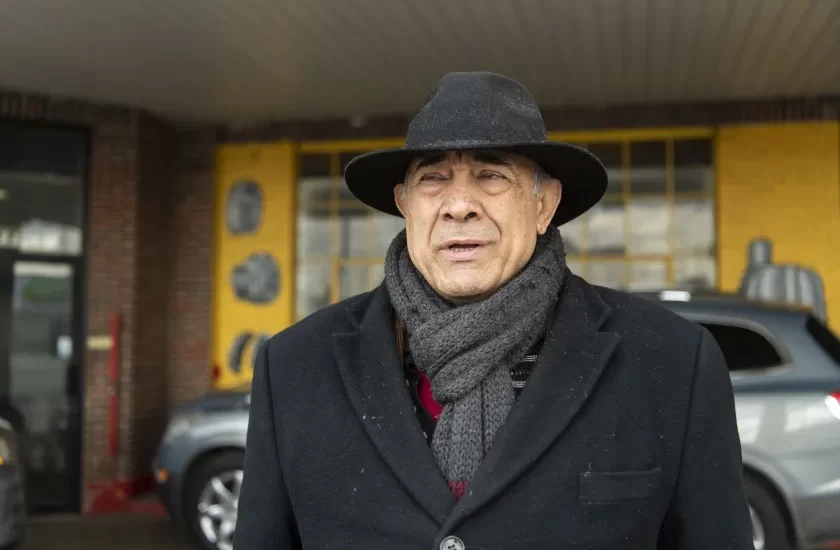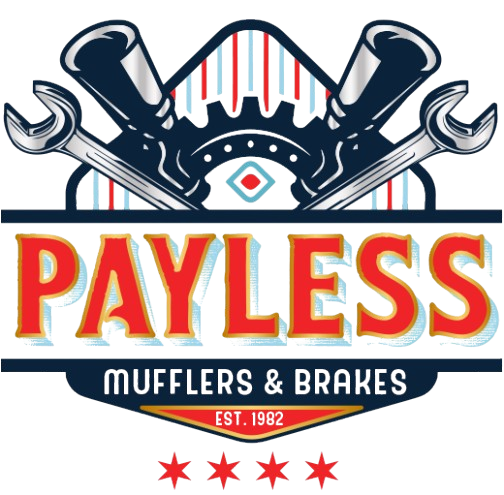Near the corner of Western Avenue and Cermak Road, sandwiched between Boost Mobile and MetroPCS stores, there’s a long building painted mustard yellow. During the day, it’s a muffler shop. At night, it’s home to around a dozen people experiencing homelessness.
“I let them sleep overnight when we close up, and in the morning, they clear out,” said shop owner Mehmet “Mike” Guzeldere. “I’m good-hearted. Today for them, tomorrow for us.”
Guzeldere opened Payless Mufflers & Brakes in 1982, less than a decade after immigrating to the United States from Turkey. He was born near the country’s border with Georgia and Armenia in the city of Kars — “and now all I do is work on cars,” he chirped.
The 69-year-old is well aware of the risks posed by the coronavirus, which has already killed 12 people in Illinois, but he’s not planning on turning away his guests.
“I mean, what am I supposed to do? Where are they going to sleep? They’re humans, man! They’re not bothering anyone,” he said.
Throughout the year, an estimated 86,000 people in Chicago experience homelessness, according to the U.S. Census. That includes people who are “doubled-up” with other adults or families, those who live on the streets and those who rely on shelters across the city.
Around 12% of them are over the age of 60, and many more have compromised immune systems, said Douglas Schenkelberg, executive director of the Chicago Coalition for the Homeless. “The instructions around social distancing and quarantine become really hard if you’re homeless,” he said, “There’s no home to stay in.”

To combat contagion, the coalition recommends the city create isolation housing for at-risk people experiencing homelessness and to “de-concentrate” the number of people in shelters. On Monday, Mayor Lori Lightfoot announced the city would be “repurposing” empty hotel rooms as “isolation and quarantine spaces” in the coming days.
Until then, Schenkelberg said any form of shelter — even a muffler shop — is critical. “Having something that provides a barrier and the ability to have some distance even from the street is obviously a plus.”
The youngest of six children, all of whom made their way to Chicago from Turkey, Guzeldere’s already feeling the immediate economic impact of the coronavirus pandemic. “I have two employees at the shop, but I told one of them not to come in because it’s slow,” he said.
To make it safe for everyone, Guzeldere said he’ll clean the area people sleep in at the muffler shop more often. When asked if he’s considering closing the shop for both customers and the homeless, Guzeldere answered swiftly.
“No, no, no, no,” he said. “The coronavirus, I know it’s dangerous, but you know, I believe in God, and I’m going to help people, that’s it.”
“I get it back from God, always.”



